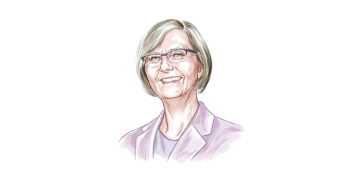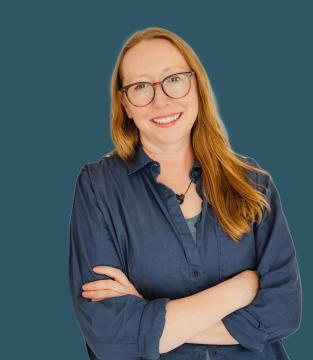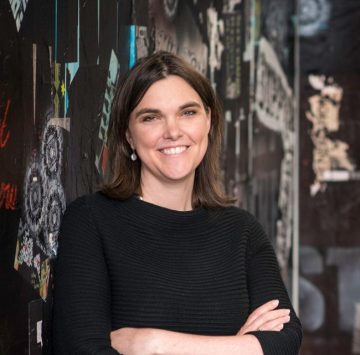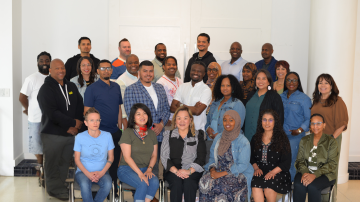Story
Claudia Berg
Fellowship: 20 Years Out

“I’d like to explore working with soldiers that have come back and are having some challenges, and offering up the museum as a neutral, safe environment.”
When Claudia Berg (BF’00) applied for the Bush Fellowship, she had just become the museum and education director for the State Historical Society of North Dakota (SHSND). With her Fellowship, she chose to go to the Museum Management Institute (MMI), run by the American Alliance of Museums, to gain museum operational skills. The experience also enhanced her network, not only with her cohort but with others connected to the Bush Foundation. After retiring from her post as SHSND director, Berg plans to continue focusing on personal projects.
How has the Fellowship changed you?
I had a master’s degree, but it wasn’t in museum studies. MMI added to my toolkit of skills. I was pretty driven in what I ended up doing in museum work, but it was the Bush Fellowship that allowed me to do the training and gave me a professional focus to my passion. It helped me develop confidence in myself and inspired me. It also recognized that creative thinking was important, and that teamwork was a very important — and productive — approach.
What was your biggest takeaway from MMI?
Probably the biggest thing that came out of MMI for me was the professional network that I developed with the other participants in the institute — they were from all over the country, from all different types of museums, and some came from Europe as well. It was a very intense month. It was held at the University of California, Berkeley, and we had case studies and books to read. There were discussions all day, and into the evening as well, so it was a very immersive experience.
Where do you find inspiration to lead?
I’m inspired by working with other audiences. Typically it’s students, but I would like to look at those working at the North Dakota National Guard, all of whom have been deployed overseas. I’d like to explore working with soldiers that have come back and are having some challenges, and offering up the museum as a neutral, safe environment. It’s not that we’re trying to be counselors; but even through exhibits of past soldiers, they can know they’re not the only ones going through their experiences.
What is your advice for current and future Bush Fellows?
Recognize that the Fellowship will keep on giving, through programming, bushCON and bMag, staff traveling around the region and holding community receptions and conversations. It’s not this one-time experience and then you never hear from the Bush Foundation again. I’ve come full circle from being a grant recipient to contributing to the Fellowship selection process.
Continue reading
-

News
Welcome to new Bush staff members
We are celebrating some new Bush colleagues and hope you get to meet them soon!
-

Note from Jen
Protecting our freedom to give
Do you know how CPR came to be? What about the 911 system? Ever wonder who developed the Pap smear? Or why school buses are all the same color? All these were the results of work funded by some foundation.
